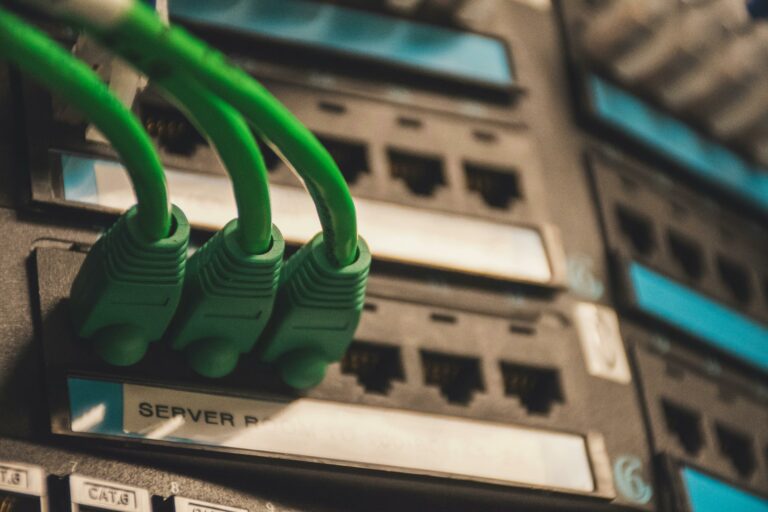The Future of Quantum Sensors
Quantum sensors are revolutionary devices that leverage the principles of quantum mechanics to detect, measure, and monitor physical quantities with unprecedented precision. Unlike classical sensors, quantum sensors exploit the unique behavior of subatomic particles, such as photons or atoms, to achieve sensitivity levels that were previously unimaginable. By harnessing the fundamental principles of quantum mechanics, these sensors can detect even the smallest changes in the environment, making them invaluable tools in various scientific and technological applications.
One of the key characteristics of quantum sensors is their ability to surpass the limitations of traditional measurement devices. Thanks to phenomena like superposition and entanglement, quantum sensors can provide measurements that are not only highly accurate but also inherently secure against external interference. This makes them particularly well-suited for applications in fields such as quantum computing, medical imaging, and environmental monitoring, where precise and reliable data is of utmost importance. As research in quantum technology continues to advance, the capabilities of quantum sensors are expected to further expand, opening up new possibilities for innovation and discovery.
Quantum Mechanics Fundamentals
Quantum mechanics is a fundamental branch of physics that describes the behavior of particles at the smallest scales. At the heart of quantum mechanics is the concept that particles, such as electrons or photons, can exist in multiple states simultaneously until they are observed. This principle, known as superposition, sets quantum mechanics apart from classical physics and has far-reaching implications for our understanding of the universe.
Another key concept in quantum mechanics is entanglement, where two or more particles become interconnected in such a way that the state of one particle is directly related to the state of another, regardless of the distance between them. This phenomenon has been harnessed in technologies such as quantum computing and quantum sensors to achieve unprecedented levels of sensitivity and precision. Understanding these foundational principles of quantum mechanics is crucial for grasping the inner workings of quantum sensors and the remarkable applications they enable.
Applications of Quantum Sensors
Quantum sensors have revolutionized a wide array of industries with their remarkable capabilities. In the field of medical diagnostics, these sensors offer unprecedented sensitivity to detect minute variations in biological samples, enabling early disease diagnosis with high precision. Moreover, in environmental monitoring, quantum sensors play a crucial role in detecting pollutants and monitoring climate change, facilitating effective conservation efforts and resource management.
Furthermore, the automotive industry benefits from the application of quantum sensors in autonomous vehicles, where these sensors provide real-time data for navigation and obstacle detection. This enhances the safety of both passengers and pedestrians by enabling swift decision-making processes based on accurate environmental data. Overall, the versatile applications of quantum sensors continue to drive innovation across various sectors, showcasing their immense potential in shaping the future of technology and research.
What are quantum sensors?
Quantum sensors are devices that utilize principles of quantum mechanics to detect and measure physical quantities with high precision.
What are some key fundamentals of quantum mechanics relevant to quantum sensors?
Some key fundamentals include superposition, entanglement, and tunneling, which allow for the sensitivity and accuracy of quantum sensors.
What are some common applications of quantum sensors?
Quantum sensors are used in a wide range of applications such as medical imaging, environmental monitoring, navigation systems, and detecting gravitational waves.
How do quantum sensors differ from traditional sensors?
Quantum sensors offer higher sensitivity and precision compared to traditional sensors, making them ideal for applications requiring extreme accuracy.
How are quantum sensors expected to impact future technologies?
Quantum sensors have the potential to revolutionize various industries by enabling advancements in fields such as healthcare, telecommunications, and defense.







